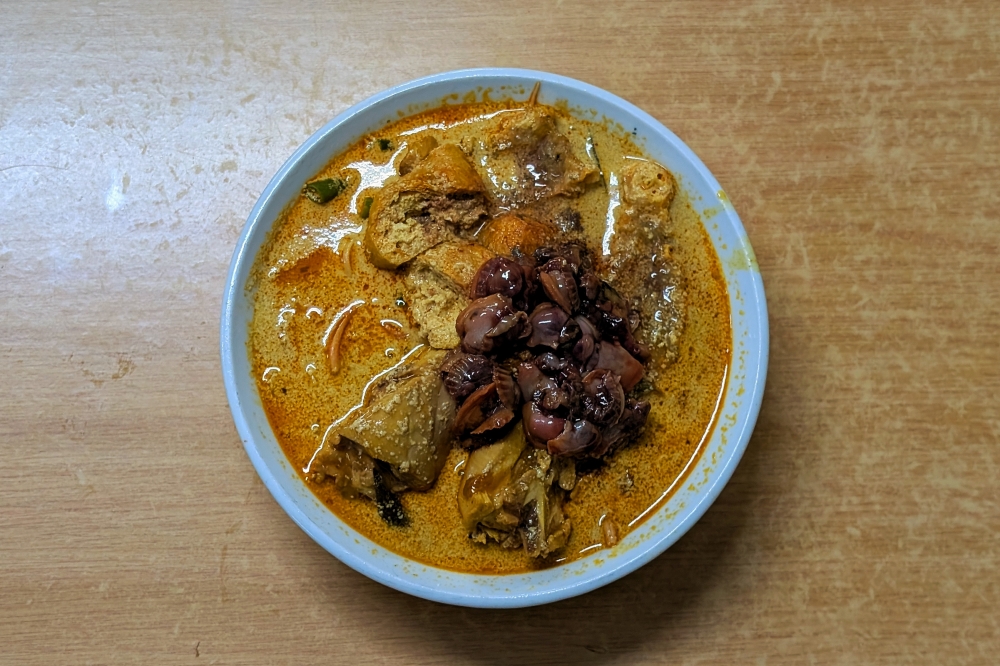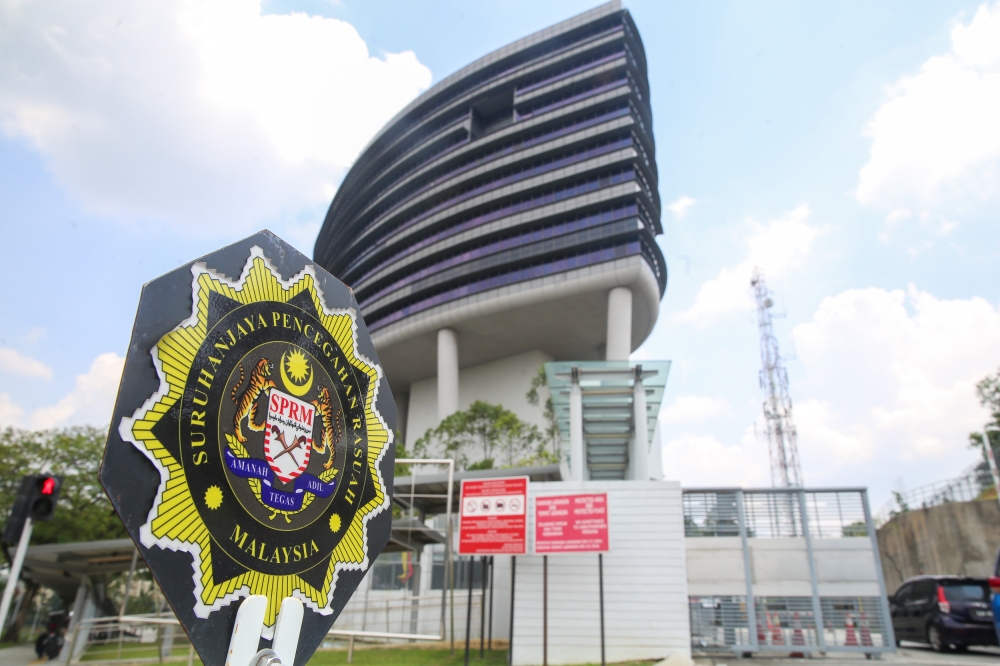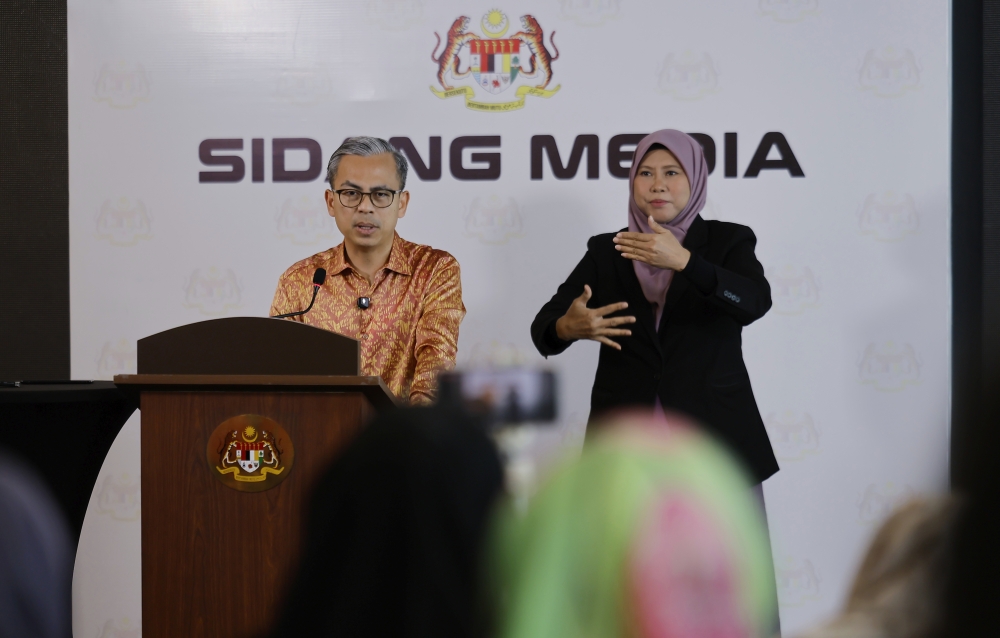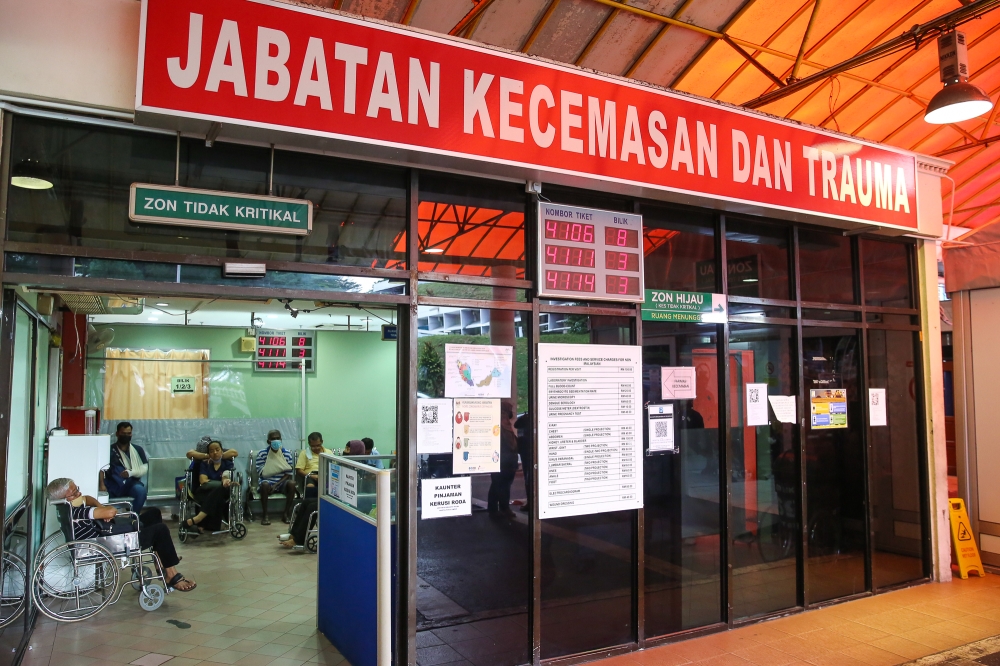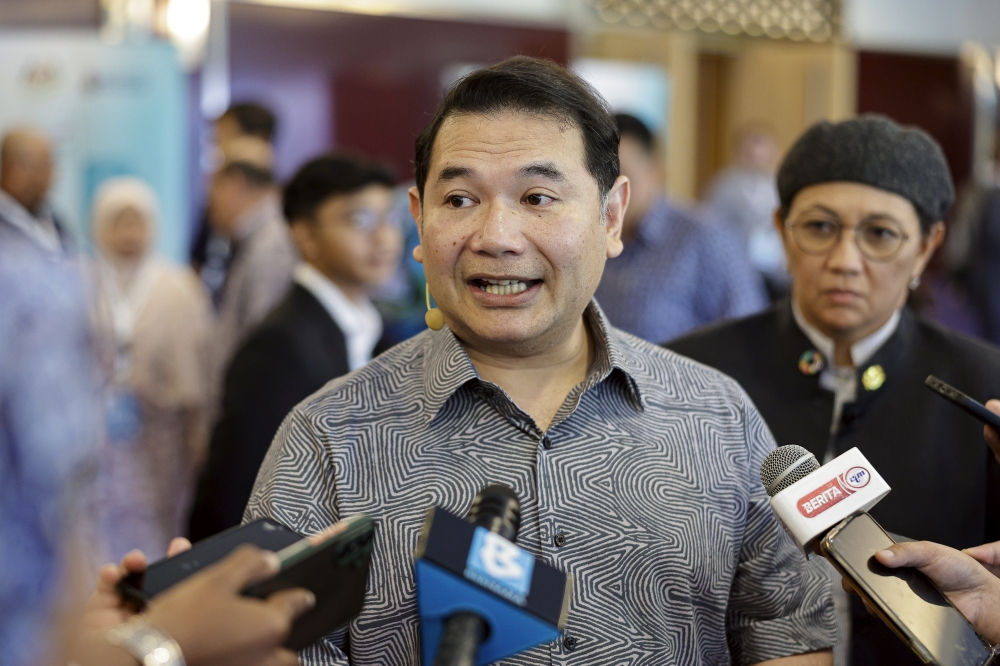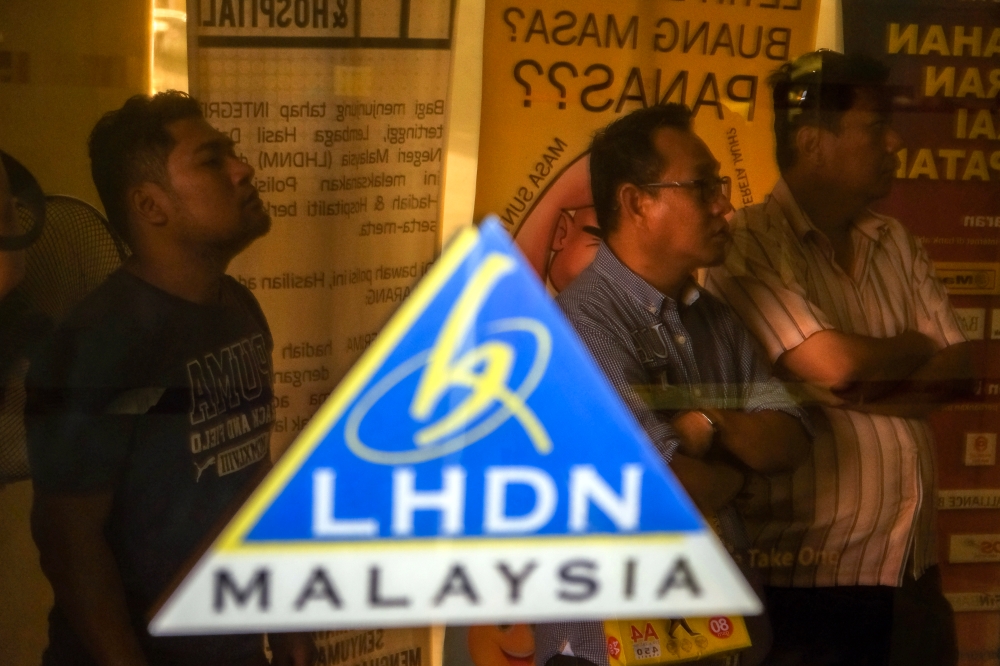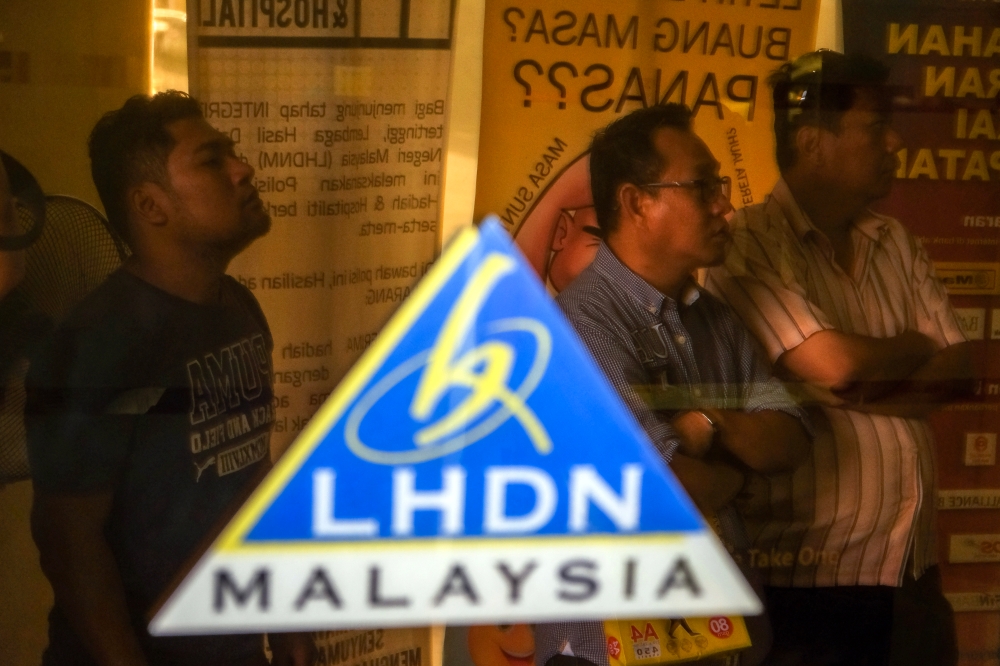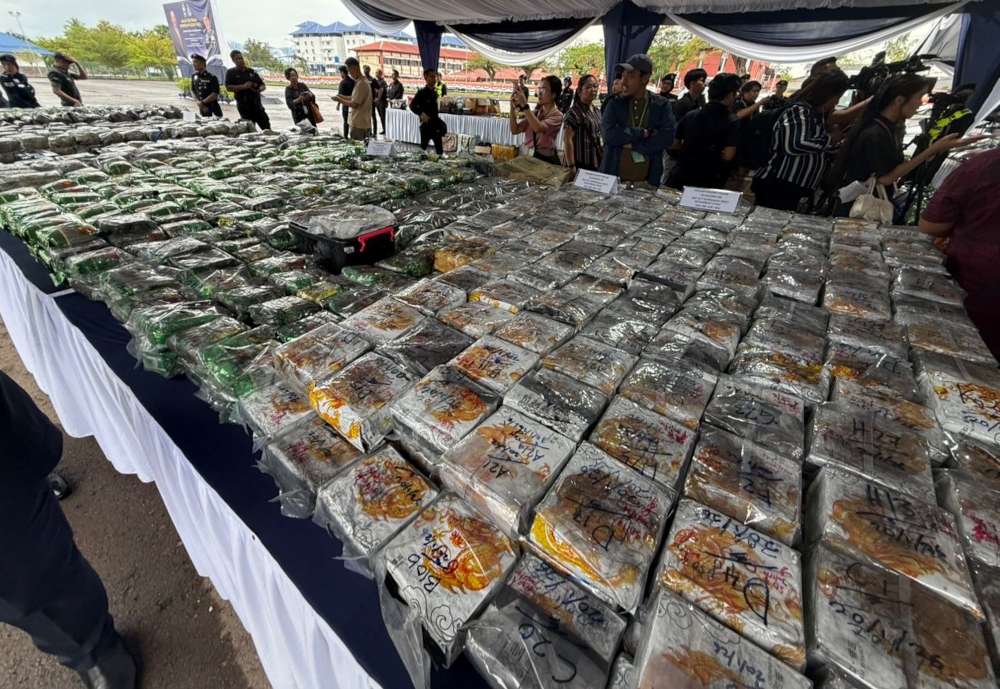KUALA LUMPUR, Sept 27 — The Inland Revenue Board’s data showed that roughly a quarter of the total income tax revenue it collected in the past decade came from individuals, with open data portal data.gov.my even indicating “the importance of individual taxes from 1970 to the present”.
Additional data from the global trade group Organisation for Economic Co-operation and Development (OECD) proved this — that Malaysia is relying more on income tax to fill up its coffers, compared to its neighbours.
OECD's latest data from 2021 showed that Malaysia’s tax-to-GDP ratio was just 11.8 per cent then. This was below the Asia-Pacific average of 19.8 per cent, and the OECD average of 34.1 per cent — a difference of whopping 22.3 percentage points.
Compared to other neighbours in the South-east Asian region, only Indonesia had a lower tax-to-GDP ratio than Malaysia at 10.9 per cent. Vietnam topped the list at 18.2 per cent.
According to OECD, in 2021 the Singapore government collected SG$70.8 billion (RM256.4 billion) in tax revenue, with personal income tax making up 19 per cent of that. The lion’s share, at 28.2 per cent, came from the corporate sector, while the goods and services tax (GST) contributed 17 per cent.
Across the border in Thailand, a self-assessment tax system is the norm. In 2021, Thailand collected US$68.6 billion (RM256 billion), with 11 per cent of that from personal income tax. The bulk was made of “other taxes on goods and services” (35 per cent), followed by corporate income taxes and value-added taxes (VAT) (24 per cent each).
Indonesia followed a similar pattern in 2021, with the highest tax revenue stemming from VAT, contributing 29.2 per cent, and corporate taxes at 28.9 per cent. Personal income taxes lagged behind at just nine per cent of the total revenue, amounting to RP1,844,652 billion (RM546 billion).
The Philippines exhibited a more balanced distribution of taxes, with VAT contributing 22 per cent, followed closely by taxes on goods and services at 20 per cent in 2021.
While Malaysia’s heavy reliance on individual income taxes may seem like a reliable source of revenue, economists polled by Malay Mail warned that it could have significant downsides.
Renowned economist and former lawmaker Nungsari Ahmad Radhi highlighted how Malaysia’s tax-to-GDP ratio had been declining steadily, and has forced the government to increasingly depend on subsidies from taxes imposed on major oil companies like state oil and gas giant Petroliam Nasional Bhd, or Petronas.
“We’re one of the lowest among our peers in the region and our peers within the same sovereign rating. Our total tax revenues are insufficient to cover operating expenses in the budget.
“We also have an anomalous tax revenue structure, with direct taxes, such as personal and corporate tax, accounting for a larger share than indirect taxes like sales, services, or VAT,” he told Malay Mail.
According to OECD, personal income tax made up 15 per cent of Malaysia’s tax revenue and 26 per cent came from other taxes on goods and services. A massive 50 per cent came from corporate taxes. The country has no VAT after GST was removed in 2018.
Last week, Deputy Finance Minister II Steven Sim Chee Keong said the time was not right to reintroduce the GST as the global economy is still slow.
Nungsari further explained that the narrow base of personal income tax reflected the country’s low and unequal income distribution, while corporate taxes were near their maximum rate for various reasons.
The consequence of this fiscal health imbalance had been consistent deficits over the last 25 years and the accumulation of significant debts, he said.
“We have relied heavily and unsustainably on non-tax revenues — mainly from Petronas. In the 2023 Budget, it is larger than indirect taxes.
“So yes, the state of fiscal health is bad. Very bad,” he said.
Beyond the heavy reliance on personal income taxes, another concern is the relatively low number of new taxpayers registered since 2013— just an additional 733,389 in the last decade. This limited influx of new taxpayers could hinder the government’s capacity to spend on essential services.
Economist Nur Ameera A. Jaz, from the Centre for Foundation Studies in Science at the University of Malaya, emphasised that relying heavily on individual taxes may expose the government to economic volatility.
She said collections from personal income tax often fluctuate with economic cycles, potentially leading to sharp declines in tax revenue during economic downturns. Such challenges could jeopardise the government’s ability to sustain essential services. Additionally, a high personal income tax rate can create incentives for tax evasion and avoidance, exacerbating income inequality.
Nur Ameera noted that this could lead to disparities within the tax system, as high-income earners might exploit tax loopholes and deductions, ultimately diminishing actual revenue collection and eroding the integrity of the tax system. To address these challenges, Nur Ameera said diversification becomes imperative as she pointed to neighbouring nations’ diverse trends in tax revenue.
“Neighbouring nations such as Singapore, Indonesia, Thailand, and Vietnam exhibit diverse trends in tax revenue. Singapore, renowned for its low corporate tax rates, heavily relies on indirect taxes, including the GST.
“Indonesia is concentrating on enhancing tax collection systems and emphasises income and corporate taxes. Thailand and Vietnam adopt hybrid tax strategies, incorporating both direct and indirect taxes while attracting foreign investment through competitive corporate tax rates. These variations underscore the ever-evolving nature of tax policies and economic dynamics in the region.
“Against this backdrop, Malaysia’s recent tax adjustments reflect a strategic response to economic conditions, aiming to strike a balance between tax revenue collection and support for its middle-income populace,” she said when contacted.
Malaysia’s recent tax adjustments reflect a strategic response to economic conditions, aiming to strike a balance between tax revenue collection and support for its middle-income population.
However, the heavy reliance on individual income taxes, coupled with declining tax revenue as a percentage of GDP, poses challenges that demand careful consideration and diversification in the country's tax revenue sources.
While re-tabling Budget 2023 in February, Prime Minister Datuk Seri Anwar Ibrahim announced that residents earning between RM35,000 and RM100,000 annually will have their personal income tax rate lowered by two percentage points.
At the same time, the government will raise the tax rate of those earning between RM100,000 and RM1 million by 0.5 to 2 percentage points, depending on their income brackets — affecting less than 150,000 taxpayers.



